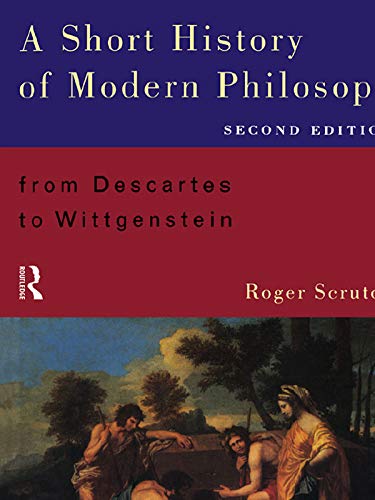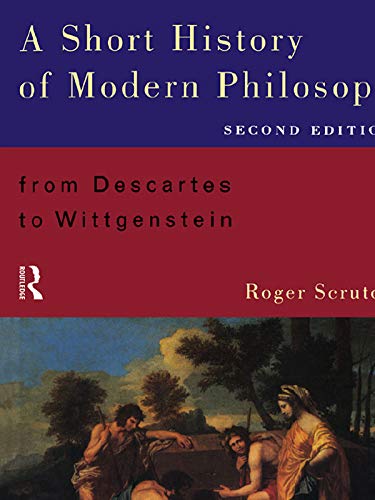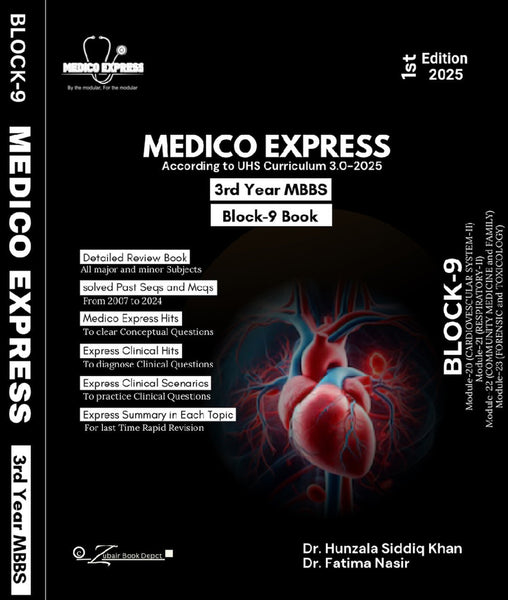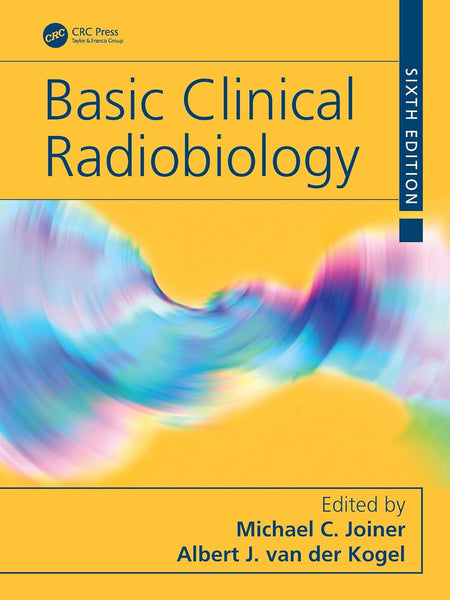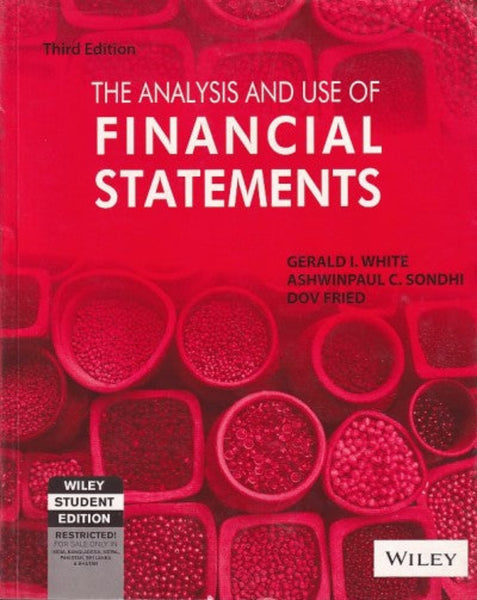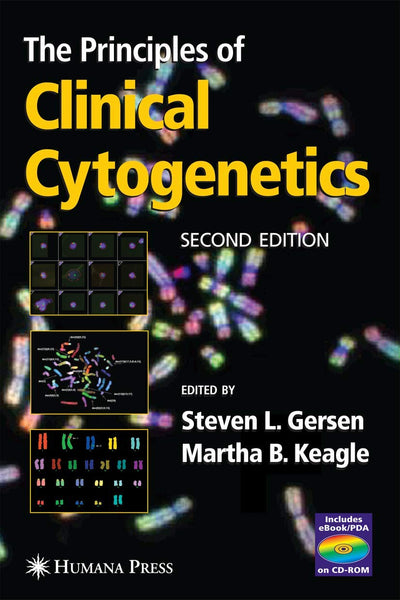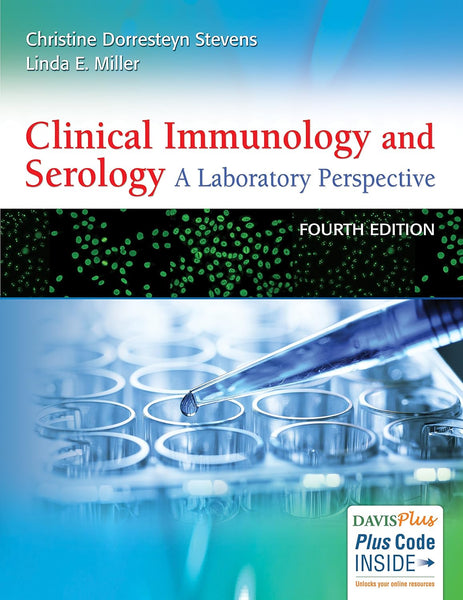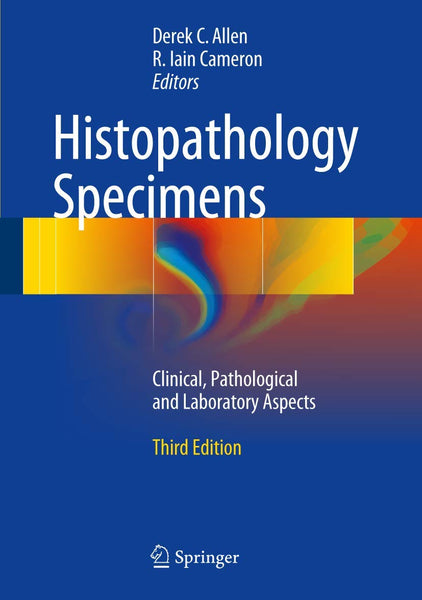A Short History Of Modern Philosophy By Roger Scruton
- Publisher: PHILOSOPHY BOOKS
- Availability: In Stock
- SKU: 43821
- Number of Pages: 328
Rs.850.00
Rs.990.00
Tags: A Short History Of Modern Philosophy , Analysis , Best Price , Best Selling Books , Bestsellers , Book lovers community , Book shopping , Bookworm paradise , Children's literature , Clarity , Complexity , Concepts , CriticalThinking , Debates , Descartes , Discourse , E-books Pakistan , Empiricism , English books , Enlightenment , EnlightenmentThinkers , EpistemologicalShifts , Epistemology , EthicalFrameworks , Ethics , Existentialism , ExistentialistThinkers , Exploration , Faisalabad , Fiction books , Growth. , Gujranwala , Hyderabad , Ideas , Inquiry , Insight , IntellectualHistory , IntellectualInquiry , Islamabad , Kant , Lahore , Learning , Leibniz , Literary classics , Literary hub , MetaphysicalDebates , Metaphysics , ModernPhilosophy , Multan , Non-fiction books , Online reading , Pakistan books , Perspective , PhilosophicalFigures , PhilosophicalMovements , Philosophy , Quetta , Rationalism , Rawalpindi , Reading culture , Reading materials , Relevance , Roger Scruton , RogerScruton , Significance , Skepticism , Spinoza , ThoughtLeadership , ThoughtProvoking , Understanding , Wisdom
A Short History of Modern Philosophy
Author: Roger Scruton
Paper Quality: Black White Paper
Category: Philosophy, History of Ideas, Modern Thought
Recommended For:
Students of philosophy, researchers, academics, civil service candidates, and general readers seeking an accessible overview of modern philosophy.
A Short History of Modern Philosophy by Roger Scruton provides a clear and engaging survey of Western philosophy from the Renaissance to the 20th century. Written in an accessible style, this book traces the ideas of major philosophers—such as Descartes, Spinoza, Leibniz, Locke, Hume, Kant, Hegel, Nietzsche, and Wittgenstein—while showing how their theories shaped modern thought and culture.
Scruton offers both historical context and philosophical analysis, making this work not just a timeline of thinkers, but also a reflection on the continuing relevance of philosophy to questions of knowledge, morality, politics, and human existence.
Key Points:
-
Foundations of Modern Philosophy:
Explains how the Renaissance and Enlightenment sparked new ways of thinking about knowledge, science, and reason. -
Rationalism and Empiricism:
Discusses the contributions of Descartes, Spinoza, Leibniz, Locke, Berkeley, and Hume, contrasting two major schools of thought. -
Kant’s Revolution in Philosophy:
Highlights Kant’s critical philosophy and his synthesis of rationalism and empiricism. -
German Idealism and Beyond:
Covers Hegel, Schopenhauer, and Marx, exploring their influence on politics, culture, and metaphysics. -
19th-Century Challenges:
Analyzes Nietzsche, Kierkegaard, and others who questioned traditional morality and meaning. -
20th-Century Philosophy:
Introduces phenomenology, existentialism, and analytic philosophy through Husserl, Heidegger, Sartre, and Wittgenstein. -
Philosophy’s Relevance Today:
Shows how the legacy of modern philosophy continues to shape debates on science, ethics, and society.
════ ⋆★⋆ ═══
Writer ✤ Roger Scruton

